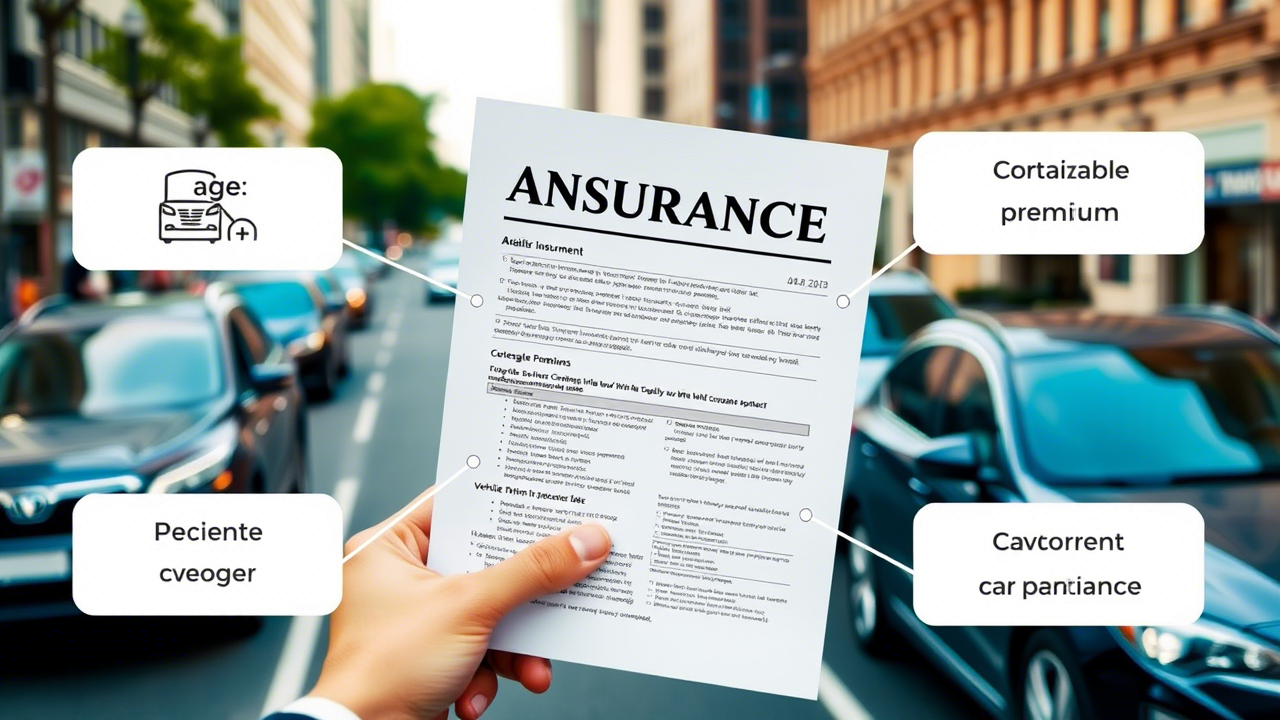What Affects Your Car Insurance Premium?

What Affects Your Car Insurance Premium?
Car insurance premiums can often feel like a mystery, with prices varying widely from person to person. However, several key factors influence the cost of your car insurance. Understanding these factors can help you make informed decisions and potentially lower your premium over time.

1. Driving History
One of the most significant factors affecting your car insurance rate is your driving history. If you have a clean record with no accidents or traffic violations, you’re likely to receive a lower premium. On the other hand, multiple speeding tickets or at-fault accidents can increase your insurance costs significantly.
2. Age and Experience
Younger and less experienced drivers tend to have higher insurance rates because they are statistically more likely to be involved in accidents. As you gain more experience and maintain a clean driving record, your premiums may decrease.
3. Type of Vehicle
The make, model, and year of your car play a crucial role in determining your insurance costs. Luxury cars, sports cars, and vehicles with high repair costs generally come with higher premiums. In contrast, cars with good safety ratings and lower theft rates often qualify for discounts.
4. Location
Where you live also impacts your insurance rates. Urban areas with heavy traffic and higher crime rates tend to have higher premiums compared to rural areas. Additionally, some states have different regulations that influence the cost of coverage.
5. Credit Score
In many regions, your credit score can be a factor in determining your car insurance rate. Insurance companies often view a higher credit score as a sign of financial responsibility, which may result in lower premiums.
6. Coverage and Deductibles
The type of coverage you choose also affects your premium. Opting for comprehensive and collision coverage will increase costs compared to liability-only insurance. Similarly, selecting a lower deductible means you’ll pay more for your premium, while a higher deductible can lower your costs.
7. Annual Mileage
The more you drive, the higher your chances of being in an accident. Insurance companies consider annual mileage when calculating premiums. If you have a low-mileage vehicle, you might qualify for discounts.
8. Discounts and Bundling Options
Many insurance providers offer discounts for safe drivers, students with good grades, military personnel, and customers who bundle multiple policies (such as home and auto insurance). Taking advantage of these discounts can help reduce your overall premium.
Final Thoughts
While some factors affecting your car insurance premium are beyond your control, there are several steps you can take to lower your costs. Maintaining a clean driving record, choosing a car with good safety ratings, and exploring available discounts can all contribute to a more affordable policy. By understanding what influences your premium, you can make informed decisions and find the best insurance coverage for your needs.